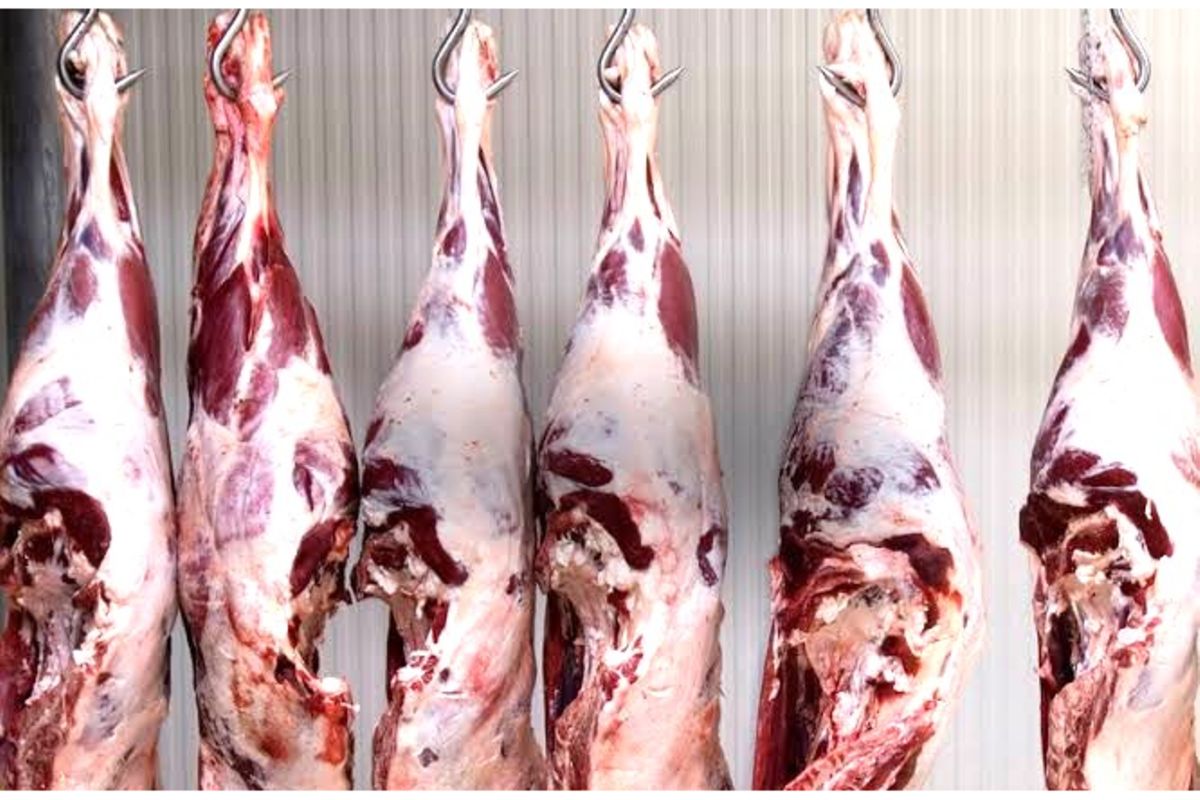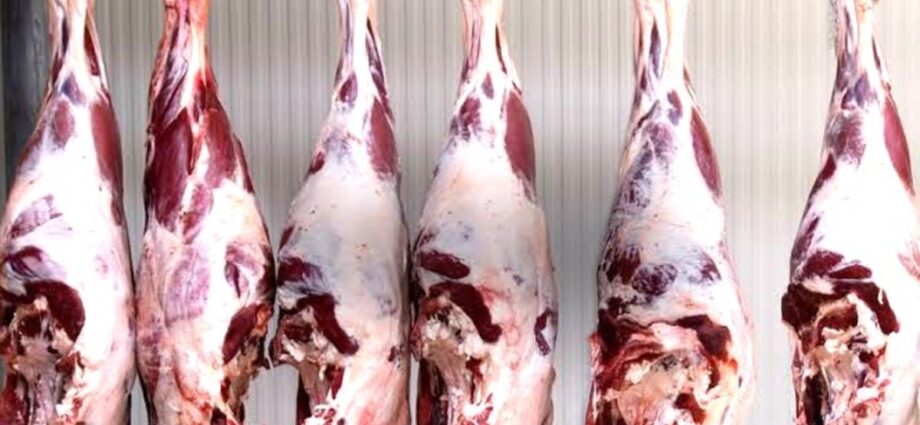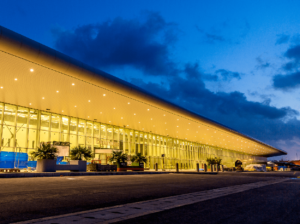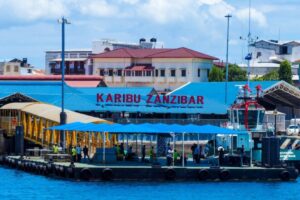
Dar es Salaam/Upcountry. Rainfall delays in most parts of Tanzania, especially in the central regions of Dodoma and Singida, have forced livestock farmers to slash meat prices as they struggle with a surplus of livestock and declining quality.
In Dodoma, meat prices have dropped from Sh12,000 to Sh9,000 per kilogramme, while in Singida, the product is now sold at Sh10,000 per kilo instead of the previous Sh12,000.
However, while prices are falling in some areas, other regions have seen prices rise, with others maintaining their usual rates.
The main cause of the price drop is the increasing number of livestock being brought to auction due to a shortage of grazing fields in rural areas, resulting in a decline in meat quality.
In Dodoma, especially around Msalato Market, meat prices have dropped, but traders report fewer customers.
“The price has dropped, but we are seeing fewer customers, and people blame it on the holidays. This is not true,” said a butchery owner, Mr John Nghwasa.
He attributes the drop in prices to the poor quality of the meat, as the rainfall delays have left grazing areas barren, prompting farmers to move their livestock to market.
Mr Nghwasa, who operates butcheries in Dodoma and the Kibaigwa area, explained that farmers are selling off livestock to reduce herd sizes due to the lack of fodder, which has contributed to the price drop.
“A cow that we bought for Sh1 million in January or February is now being sold for between Sh800,000 and slightly more,” he said.
In Singida, a meat seller, Mr Ramadhan Ngaa noted that although his competitors began lowering prices in February, he had only recently followed suit.
Mr Ngaa also pointed out that supplying meat to schools and hotels at Sh12,000 per kilo has helped them maintain some stability, but this too may soon change.
A vendor at Dodoma’s Sabasaba market, Ms Zubeda Othman, explained that many butchers are now supplying meat on credit to food vendors, as cash sales have become increasingly difficult.
“Prices might rise again tomorrow due to the holiday, but I believe they will continue to drop further after that,” she said.
A treasurer at Nzuguni Ward Farmers’ Association, Mr Ernest Kutoka, said many livestock, particularly cattle, are in poor health despite rains that have just started in some parts of the country.
He attributed the price drop at butcheries to farmers’ reduced income from selling sickly animals.
“If the price of meat drops at the butchery, it means the farmer suffers most. Livestock prices at the markets are also falling, which is the direct result of the drought affecting grazing areas,” said Mr Kutoka.
While prices are falling in Dodoma and Singida, in Mbeya City, meat prices have increased from Sh9,000 to Sh10,000 per kilo due to a shortage of cattle in the markets. The reduction in available livestock has led buyers to pay higher prices.
Prices remain at Sh12,000 per kilo in the Kilimanjaro and Morogoro regions, while in Zanzibar, it stands at Sh15,000 per kilo.
The Chairman of the Tanzania Environment Conservation and Sustainable Farming Association, Mr Jeremiah Wambura, explained that the price drop is primarily due to farmers’ failure to adopt professional livestock farming practices.
He noted that many farmers do not conserve grass for livestock feed, which leaves them vulnerable when droughts hit.
Mr Wambura also acknowledged that while poor weather conditions are a factor, the rise of meat processing factories has created a more competitive market, influencing price reductions.
He warned that prices could continue to fall in the coming months as the focus shifts from meat to food purchases, potentially leading to the closure of rural butcheries.
A report published on March 24, 2025, revealed that the Pugu market was the only one where cattle prices remained relatively high compared to other markets.













